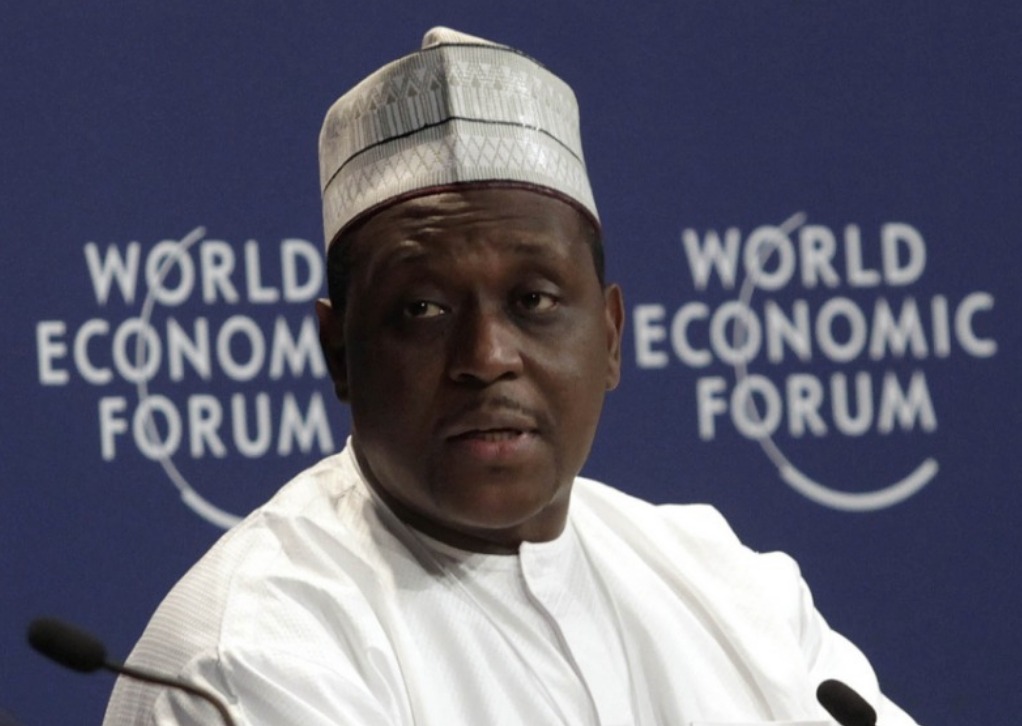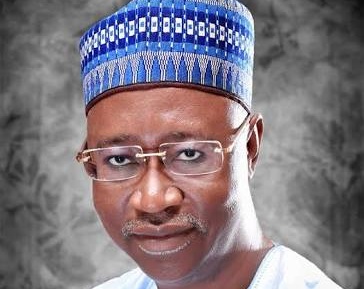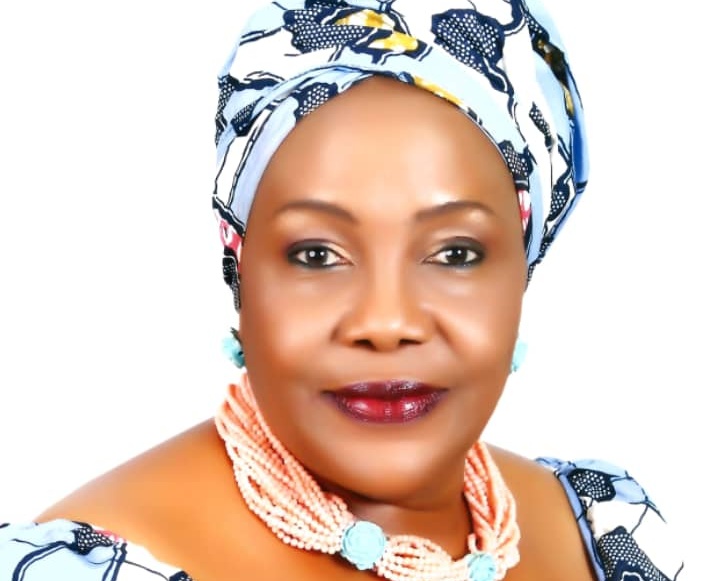BY PAUL OBI
We do not need magic to change the world. We carry all the power we need inside ourselves already: we have the power to imagine better.
J.K. Rowling, Graduation Speech at Harvard University, 2008
As the world grapples with Coronavirus – an acute respiratory syndrome 2 (SARS – CoV2), many have been pinned down by (in)decisions that their nation-state made with regards to public health. If anything, Covid-19 pandemic teaches countries like Nigeria, the benefits and essence of public health, governance and public policy. Its implications and repercussions permeates all facets of human existence; from the economy, social, national security, food security and even the political. Coronavirus more or less is like a bulldozer in a Chinese shop – where it originated from. In many ways, the virus has unearthed the underbelly toxic governance, broken systems and the displacement of our national disaster management priorities.
Advertisement
Yet, as Anne Applebaum posited, “epidemics, like disasters, have a way of revealing underlying truth about the societies they impact,” Nigeria’s and Africa measure of preparedness will be determined by how much we have learned from our past experiences. Unlike the Ebola outbreak, the spread of Coronavirus from Wuhan, China, to Milan in Italy and down to Lagos, Nigeria, speaks volume of the missteps and disgruntleness of our governance system. From the dilly-dally in shutting down the country, to the laughable palliative initiatives of the federal government and the Almajiris quagmire, Nigeria bear self-witness to her own self-destruct through poor policies and years of degradation in the nation’s health sector.
But in that same milieu of interrogating federal government’s mitigation efforts on Coronavirus, Nigeria is being celebrated in far away Boston, Massachusetts, United States. The celebration is not borne out of the stellar leadership from Nigeria’s government, but out of the nation’s human capital development. That is now Nigeria’s most cherished global success story. It underscore the fact that individual dexterity, commitment, dedication, hard work and fortunes of Nigerian citizens, when properly harnessed and utilized, the country can rule the world. In that realm, Prof. Muhammad Ali Pate, erstwhile Minister of State, Health and Executive Director, National Primary Health Development Agency(NPHCDA) and Harvard Professor of Public Health, at the T.H. Chan School of Public Health, Harvard University fit into that mould and categorization of Nigeria’s greatness – in human capital development.
Today, at the T.H. Chan School of Public Health, Pate would climb the podium to give the Commencement Speech of that great institution. A Commencement Speech in American university system is a graduation speech where a high calibre person is selected to speak to graduants and bring them to speed to the outside world, on innovation, creativity, public service, hard work and the basic ethos for bettering the larger society. Such a task is not a mean feat. For Pate to merit such honour in the age of Coronavirus pandemic, shows evidence of his enormous contribution to global health governance.
Advertisement
Since, Pate stepped on stage in 2008, when he was appointed Executive Director of NPHCDA, he has left no one in doubt about his dedication and commitment to public health and service to humanity. As the Chief Executive of Nigeria’s primary healthcare agency, he was very key in turning around the parastatal from a mere immunization agency that NPHCDA was better known for, to a reliable first class healthcare service delivery agency courted around the world by global health institutions. Under his watch, Nigeria launched the Midwife Service Scheme(MSS), a public sector initiative involving the three tiers of federal, states and local governments. The establishment of MSS was meant to build a bridge in order to mitigate the then poor indexes on maternal and new born health. His enormous contribution to immunization and efforts geared towards ending Polio virus were remarkable, and Nigeria was close to halting the virus.
As vague and opaque as Nigerian Minister of State’s role is, Pate as the then Minister of State for Health under the President Goodluck Jonathan’s administration was able to navigate the murky waters of Nigeria’s Ministry of Health to achieve tremendous results on reproductive health. He was also very instrumental in giving the little phase lift tertiary health institutions and hospitals had within the last two decades. Under his ministerial role, Pate spearheaded Nigeria’s policy towards population growth even in an environment where population issues are like inferno based on religious proclivity. His best, was the reinvigoration of the nation’s primary healthcare system.
In 2015 general elections, Pate’s political expedition in the race for the Governorship of Bauchi State, North East Nigeria, was met with a brick wall by party hawks that were more comfortable with share-the-money politicians than supporting a global figure who would have brought goodwill around the world to Bauchi people. That singular misstep by Bauchi political electorates and hierarchy remains a telling catastrophe in Nigeria’s political development and our worsening situation of leadership recruitment process. As part of their political DNA, Nigerians often opined that good candidates don’t always win elections; the voters often prove this wrong-headed notion right, by electing bad candidates into plump offices and get burnt in the long run. The end result of that misfire was a political apocalypse, as the people of Bauchi later faced the brunt until the table was turned down in 2019 elections.
Just as the people of Bauchi shy away from a shining global star, Duke University, from far away Durham in North Carolina, United States tapped on Pate and made him, an Adjunct Professor at Duke University Global Health Institute. Ever since this lofty elevation, Pate has continued to soar high as the man of the moment in global health governance. In 2019, he was appointed Julio Frenk Professor of Public Health Leadership at the prestigious T.H. Chan School of Public Health, Harvard University. Within the same period, Pate was also appointed as the Global Director for Health, Nutrition and Population for the World Bank. He has also served as a member of the World Economic Forum(WEF), in Davos, Switzerland.
Advertisement
Pate was born on 6th September, 1968 in Misau, Bauchi State and was educated at Ahmedu Bello University, Zaria, Nigeria, University College London(UCL), Duke University and the London School of Hygiene and Tropical Medicine where he bagged an MA in Health Management Systems. For meritorious services, Pate was crowned the Chingari Misau by his kinsmen.
But beyond this outstanding achievements, it’s Pate’s Commencement Speech today at the T.H. Chan School of Public Health that will dissect our present complexities in governance and public health. As Coronavirus continues to take toll on the world, the intricacies and dynamics of super powers as unassailable demigod have been hit severely, exposing vulnerabilities similar to those of developing countries. With Covid-19, the whole world is enmeshed in a unified ailment, sickened by droplets and pathogens of Coronavirus. In the speech, Pate will harp on the world’s precarious health situation characterised by Covid-19 and the nexus between public health and a better society. He will provide the leeway on what the world needs to do going forward.
According to him, “Covid-19 poses a potentially enormous setback on global efforts to end preventable maternal and child deaths, and achieve universal health coverage by 2030, and could reverse decades of progress. The message is clear: preserving safe and equitable delivery of essential health services for women, children and adolescents must be a central part of an effective global Covid-19 response and recovery.” Thus, Pate will not only dwell on public health, he will also highlight the consequences of governance in both developed and developing world.
For Nigerian public officials who have blatantly refused to peg the national health budget on 24% of its annual budgets as recommended by World Health Organisation(WHO) benchmark, Pate’s Commencement Speech should be worth paying attention to. The speech will potentially herald the current global discourse on public health and how global governance will be shaped after Covid-19. It is one speech Nigerian officials and those at the Ministry of Health should harken to, as Pate takes charge of the business of the day at T.H. Chan School of Public Health. Congratulations Prof. Pate, world’s renowned colossus of global public health. Ci gaba, Chigari Misau!
Advertisement
Obi is a journalist and political communication expert based in Abuja
Advertisement
Views expressed by contributors are strictly personal and not of TheCable.
Add a comment






